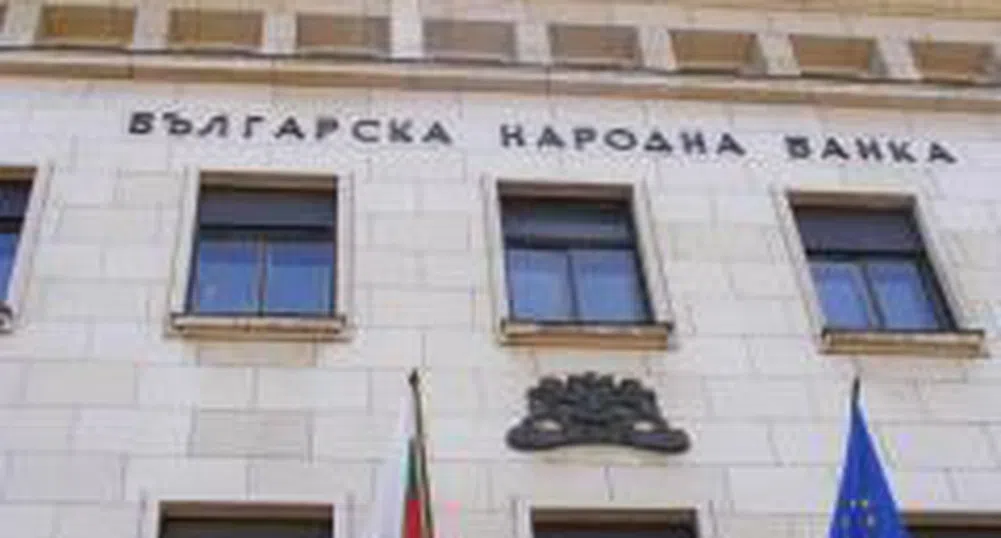Bulgarian Banking Sector's Assets Up by 2% to 71 Bln Leva

At the end of December 2009 and throughout the year the banking system kept stable its financial parameters. The capital position, measured by the capital adequacy ratio, was 17.04%, with a capital buffer of BGN 2,754 million accumulated, data of the Bulgarian National Bank (BNB) show.
At the end of December, classified and past due loans were 13.64% of the total gross loans in the system.
The indicators are on levels within the BNB projections and far below the pessimistic expectations as to the banking system's portfolio quality. The share of loans more than 90 days past due was 6.42%.
The banks' proactive behavior in combination with the anti-cyclical framework adopted by the BNB allowed for preserving the high level of coverage of classified loans by provisions, which was 83% for the exposures over 90 days past due - a factor ensuring additional credit risk protection of the system.
The end-December unaudited earnings were BGN 780 million and they, although lower compared to December 2008, provided additional resources for capital support.
On this basis the system's return on assets is above the average for most EU banking systems. Liquidity remained stable, with liquid asset ratio of 21.90% (against 21.71% as of December 2008).
The total assets in the banking sector as of the end of December were BGN 70.9 billion. Compared to the end of 2008, they marked a 1.9% growth (BGN 1.3 billion), mainly accumulated in the last quarter of 2009.
For a year, the five largest banks increased their market positions by almost 1 percentage point to 58% of the total assets in the system.
Within the year, the securities portfolios and cash holdings were reported to have decreased to a share of 6.4%, respectively 9%, of the balance sheet total of the system.
At the same time, the largest balance sheet aggregate - loans and advances - increased to 81.5% of the assets. Gross loans and advances were BGN 59.9 billion, of which 54.7% were loans to corporate clients, and 31.2% - retail exposures.
For a year, the gross loans in the system increased by BGN 2.9 billion (5.1%). Loans to households increased by BGN 1.3 billion, thus reporting a higher annual growth rate (7.5%), influenced by the buybacks of loan portfolios. The consumer and housing mortgage segment increased by comparable amounts but the rate of increase registered by mortgage loans was higher.
Corporate loans reported annual growth of BGN 0.8 billion (2.6%), and receivables from credit institutions - of BGN 0.7 billion (9.7%).
The attracted funds in the banking system remained on the same level on annual basis at the amount of BGN 60.8 billion. The decrease in the funds attracted from credit institutions and institutions other than credit ones was fully compensated by the increase in the deposits of individuals and households (BGN 2.7 billion, 12%). The share of resources from nonresidents marked no significant change, amounting to 28.4% of total attracted funds.
)
&format=webp)
&format=webp)
&format=webp)
&format=webp)
&format=webp)
